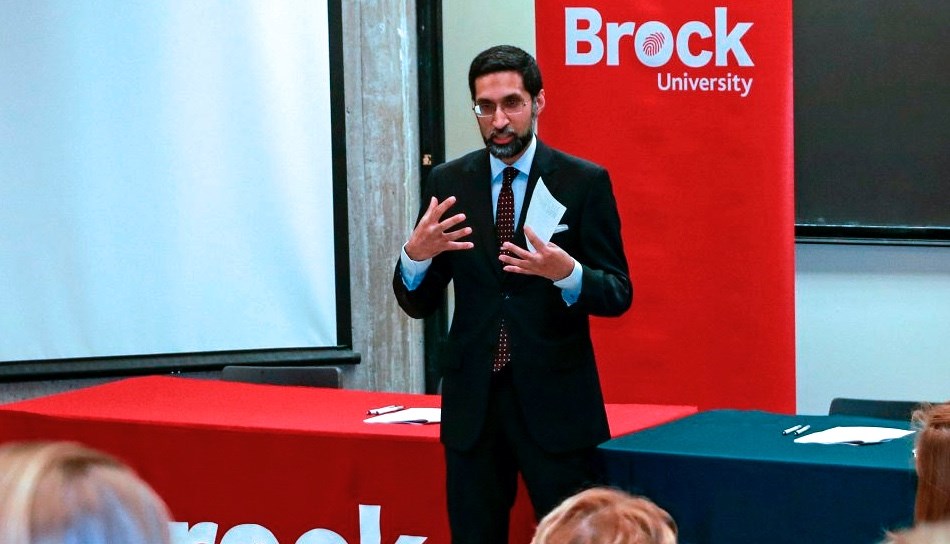The rising cases of COVID-19 in Niagara have put such pressure on the region's public health department that its case tracking- and follow-up is leaving chains of infection unbroken, leading to more cases of the virus in the communities.
The region's acting medical officer of health, Dr. Mustafa Hirji says the situation has put extreme strain on the medical system, after the daily caseload- and the list of ongoing outbreaks in medical settings has increased twofold.
In the last couple of weeks, 44 deaths have been recorded in relation to the pandemic.
75 percent of the deaths were in long-term care and retirement homes.
"Anyone with COVID-19 needs to be off work, so you end up with fewer staff but more work to do. As a result, you end up with more errors in infection control, while the resources around you are already maxed out," said Hirji in a Tuesday afternoon interview with Thorold News.
He pointed to the same issue at the ongoing hospital outbreaks in Niagara Health.
On Tuesday around one-third of the 985 active cases in Niagara were found in long-term care or retirement settings.
The rest of the cases have been found at workplaces, and within households where multiple people get sick.
In recent days, more cases have been traced back to social gatherings where multiple people have become infected, Hirji said.
"That is a reflection of the lead-up to Christmas when people were likely meeting their extended family. Every day now we are coming across a few gatherings that have led to spread."
In the next week, what occurred over the Christmas weekend will start to be reflected in the numbers, as well as how effective the provincial shutdown proved to be in the wake of the festivities.
Another unknown is when the vaccine against the virus will be distributed in Niagara, something that has only happened in a handful of designated 'hot zones' like Toronto and Peel region.
Mustafa Hirji said he is 'disappointed' over the lack of news from the province on when the local distribution will begin.
"Public Health could have all residents at long-term care homes vaccinated in 2-3 weeks if we got it tomorrow. Another 2-3 weeks after that, some of the outbreaks would be over, and six weeks later we would see very few."



